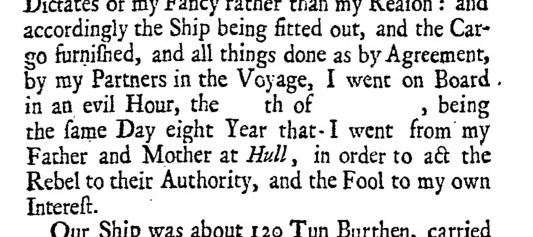This may come as a postscript to the previous or as a sneak preview of upcoming projects that will deal with theatre and its history. An interesting topic with all the networks of actors knitting their personal ties in ever changing ensembles of travelling companies that visit cities and courts, of emerging houses with standing ensembles, of authors, of plays and of various roles – and then again of actors who would play certain types in various plays…
The following itinerary follows one of these groups, the so called Hochdeutsche Hofcomödianten or the Velten Company, named after the Veltens, a couple who were the directors between 1670s and 1712.
The image catches all the journeys this group took between 1693 and 1712, the years when Catharina Elisabeth Velten was the company’s director. The FactGrid viewer gives the list of the known stays as Günther Hansen noted them in his Formen der Commedia dell’ Arte in Deutschland (1968), p. 269.
The image is interesting as it captures a structural characteristic of the itineraries which theatre companies were likely to produce back in the 17th and 18th centuries.
[...]

